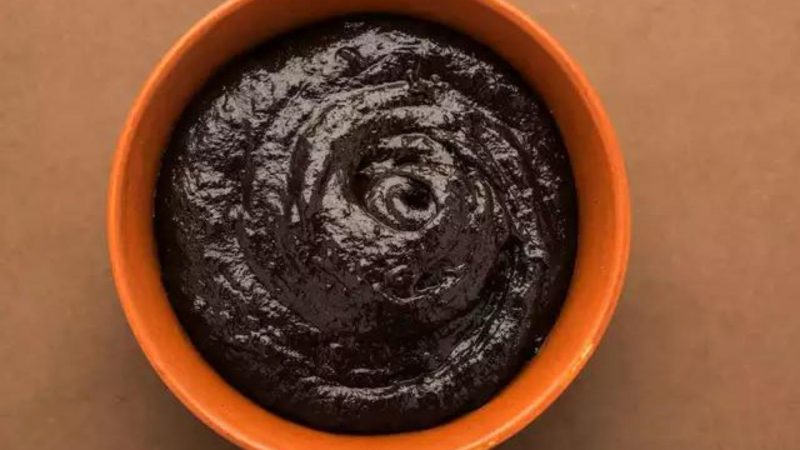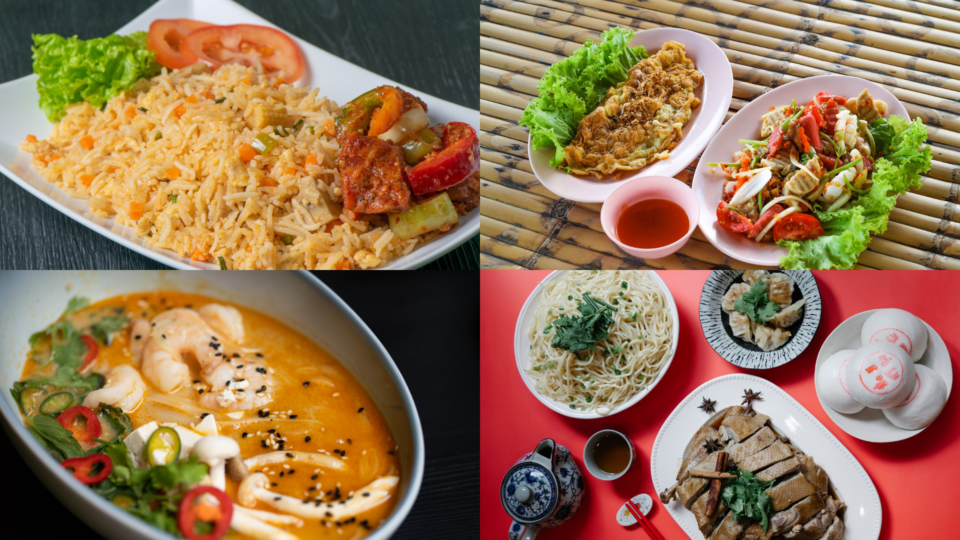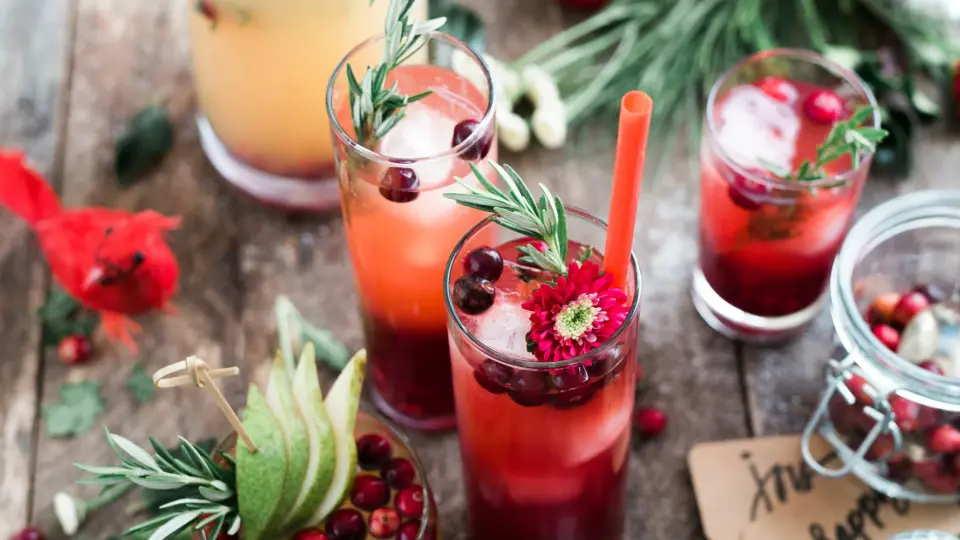
7 Most Favoured Indian Foods Banned in Other Countries
The food of a country tells a unique story of its history, heritage, culture, and people. As you dig deeper, you’ll find that dishes vary based on factors like climate, demographics, and environment. Interestingly, some countries have banned everyday Indian foods like ketchup, ghee, and samosas. Can you believe it? Check out this list of foods loved in India but banned in other places.

Here’re the 7 Indian Foods That Other Countries Don’t Let Their Citizens Eat
1. Samosa
Imagine this: in India, it’s the go-to snack, loved by all. But in Somalia, things take a turn. Since 2011, they’ve banned this tasty treat, and breaking the rule can get you in serious trouble. The reason? They see the snack’s triangular shape as a Christian symbol, thanks to the ‘Al-Shabaab group’. Quite a twist for a snack that’s a staple delight in India!
2. Chyawanprash
For ages, Indians have relied on Chyawanprash, a nutritional powerhouse. However, in 2005, Canada threw a curveball by banning this Desi health elixir, citing high levels of lead and mercury. Quite a plot twist for a product cherished in India!
3. Ghee
In India, we swear by the goodness of ghee, considering it a superfood with all the essential nutrients. However, the United States sees it differently. They’ve banned ghee, citing concerns from the Food and Drug Administration about potential health issues like high blood pressure, heart attacks, and obesity. Quite a clash of perspectives on this kitchen favourite!
4. Ketchup
Ketchup, the go-to flavour booster for samosas, pakodas, noodles, and sandwiches worldwide. But in France, they’ve banned it because too many teenagers were going overboard with it. Quite a twist on the classic condiment tale!
5. Chewing Gum
Singapore is known for its cleanliness, and in 1992, they took a strict stance on chewing gums by restricting their use, distribution, and trade. However, in 2004, under international pressure, the country allowed the consumption of therapeutic dental chewing gums.
6. Kebab
Kebabs are a hit in India, whether veg or non-veg, their juicy goodness always impresses. But here’s a surprise – in Venice, they banned kebab shops in 2017 to “preserve decorum and traditions of the city.” Quite a twist for a dish that’s loved across the globe!
Also read:
Delicious Indian Wedding Food Menu Lists and Ideas
7. Poppy Seeds
In India, there’s a spice that adds an exotic touch, especially in Bengali dishes, bringing depth to gravies. However, in Singapore and Taiwan, it’s banned due to its morphine content, listed as ‘prohibited goods’ by Singapore’s Central Narcotics Bureau. The spice faces a similar ban in Saudi Arabia and the UAE. Interestingly, in Russia, poppy cultivation is said to be illegal, but selling the spice is allowed. Quite a journey for a little spice!



